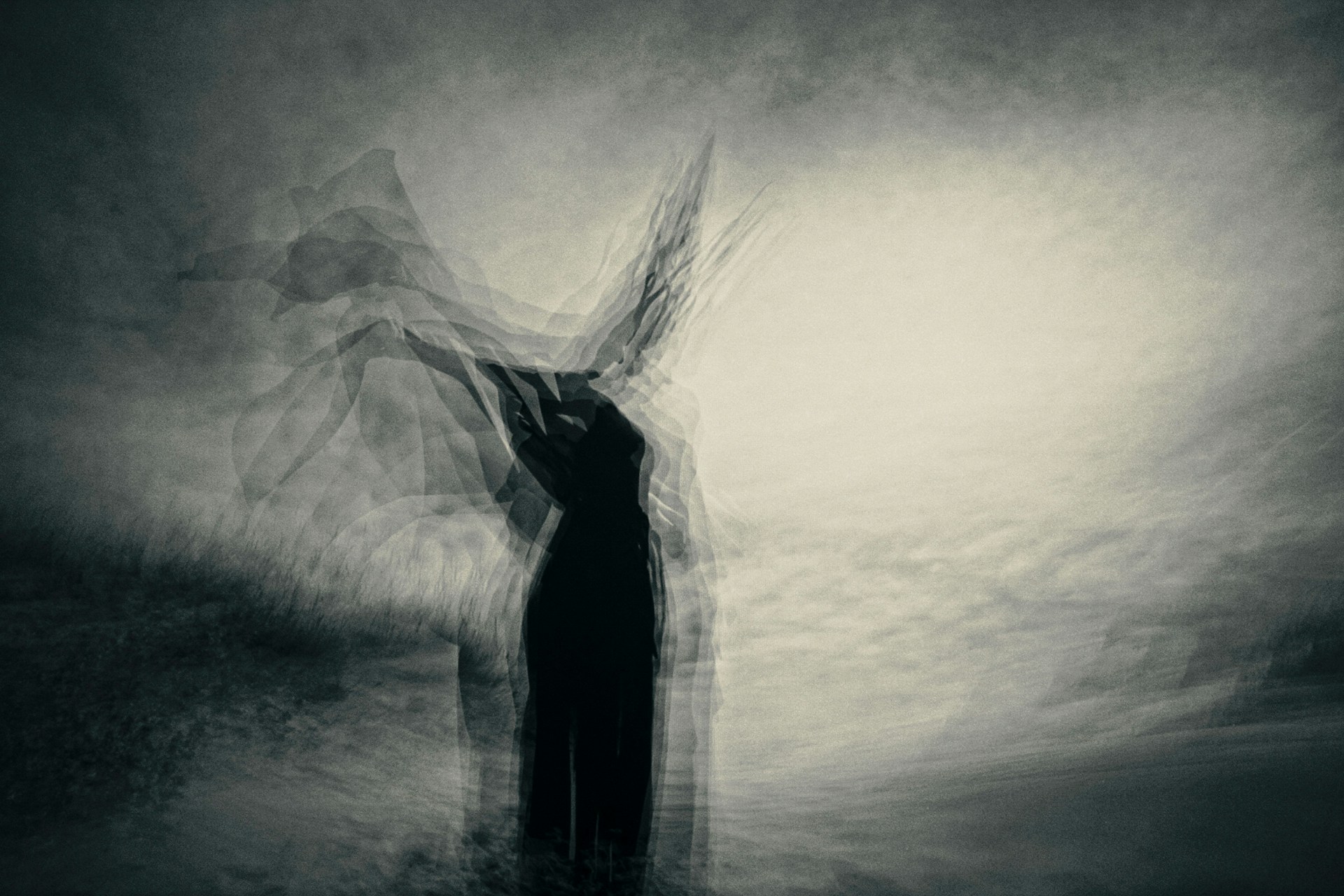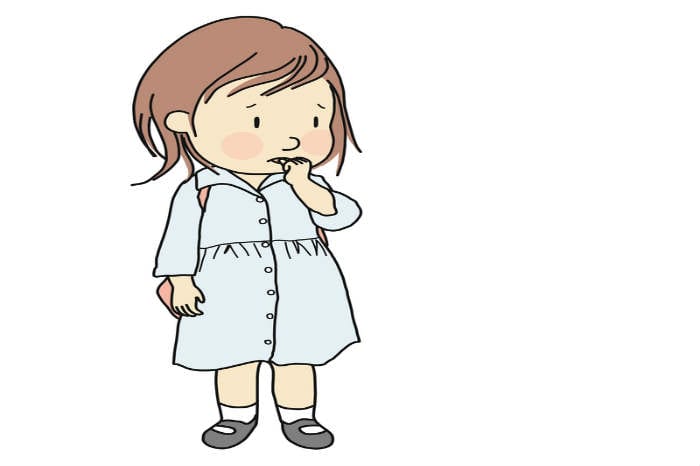











Onychophagia is a nail biting habit on more of an extreme level. Some nail biting habits are temporary or not very damaging. However, onychophagia is a long term and destructive habit that involves serious nail biting that is that is damaging to the nails and surrounding tissue. It is considered a pathological behavior and labeled under body-focused repetitive disorders in the DSM-5 as Other Specified Obsessive-Compulsive and Related Disorder. OCD is a disorder in the DSM-5 that involves people utilizing compulsions to manage ruminations or obsessions. In more extreme situations, the compulsions inhibit a person’s ability to function normally in their everyday life. Anxiety tends to drive the obsessions and the compulsions become a way for people to manage that emotion. Onychophagia is considered a related disorder to OCD. It means that there is likely an anxiety component to the behavior. The nail biting can almost be like a compulsion, helping pacify a certain emotion.

For those dealing with onychophagia, they may find nail biting to be a stress release or a way to manage anxious feelings. Unfortunately, complications can arise with this severe type of nail biting and lead to issues of infection or negative emotions like embarrassment with their appearance. Most people habitually bite their nails because it releases tension or stress. However, it can become a problem especially as individuals move out of childhood and adolescence. They may develop more feelings of shame over their habit as nail biting in adults might be less socially acceptable.
There are ways to treat and overcome body-focused disorders. Treatment for onychophagia may focus on some of the underlying emotions or situations that result in nail biting. There may be emotions like stress or anxiety underneath the habit that need to be addressed. It could also be the habit takes place when the individual is bored or hungry. Understanding those issues can help when finding alternative behaviors or redirecting the individual to avoid the destructive behavior. When treating body-focused disorders, it also helps to provide positive reinforcement for individuals when they choose a more appropriate or healthy coping mechanism.
The act of nail biting does not necessarily communicate that there is a huge issue or concern. It is a lot like most other things, if done in an extreme or destructive way, it can indicate there is a problem. Many people bite their nails. However, onychophagia involves people going past the point where they are biting their nails and actually doing damage to the tissue. It likely is uncomfortable and painful. If they persist through the discomfort and pain and continue the habit, that could indicate there is a problem. The good news is that treatment can help. Addressing the main issue underlying the habit will help. It is also important to utilize replacement behaviors and encouragement as people kick their habit. When a habit has been in place for a long time, it can be difficult to overcome. However, with encouragement and treatment, a person can overcome their nail biting habit.